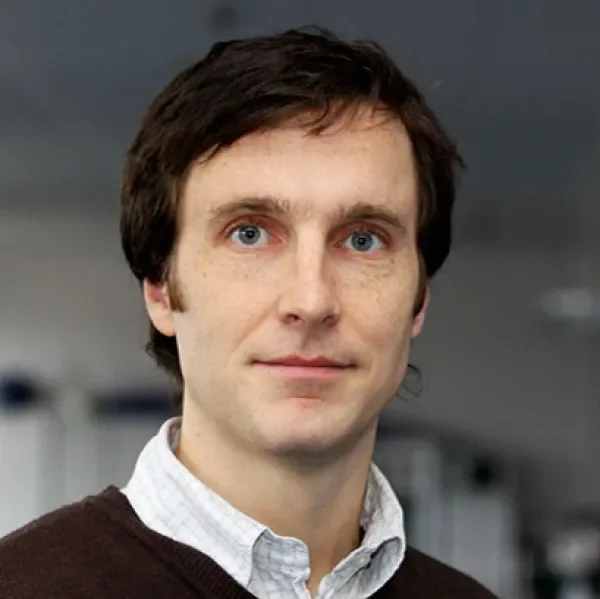Enda Whyte

At the Centre for Injury Prevention and Performance, my research centres on examining causes for different types of injuries, how to intervene to prevent them, and how to maximise people’s abilities after injury.
It’s really rewarding. Some of our research has been used to change protocols in sports governing bodies, while some of my students have been looking at concussions in Gaelic games, trying to introduce new rules based upon the work we’ve done. It’s amazing to see the impact we’re making.
How students come to thrive
I love to see students who haven’t yet been exposed to the clinical environment opening their eyes and moving from being quite nervous to becoming independent. We have relatively small classes, so you get to know the students well and they’re not afraid to ask questions.
And I have to keep learning and refining my own knowledge. I love that transition from me teaching students to students teaching me with their in-depth projects at the end of the year, where they become experts in particular areas. It is amazing to see the level of knowledge and expertise that students develop over this course.
Critical thinking is a must
It’s vital that students can reason and think critically. They’re going to be dealing with patients and be able to get all the information on a patient’s situation, environment and stresses, make a judgement and apply their knowledge. This is quite different from textbook knowledge.
Enda Whyte is Assistant Professor in the School of Health and Human Performance, and Programme Chair, BSc in Athletic Therapy and Training
